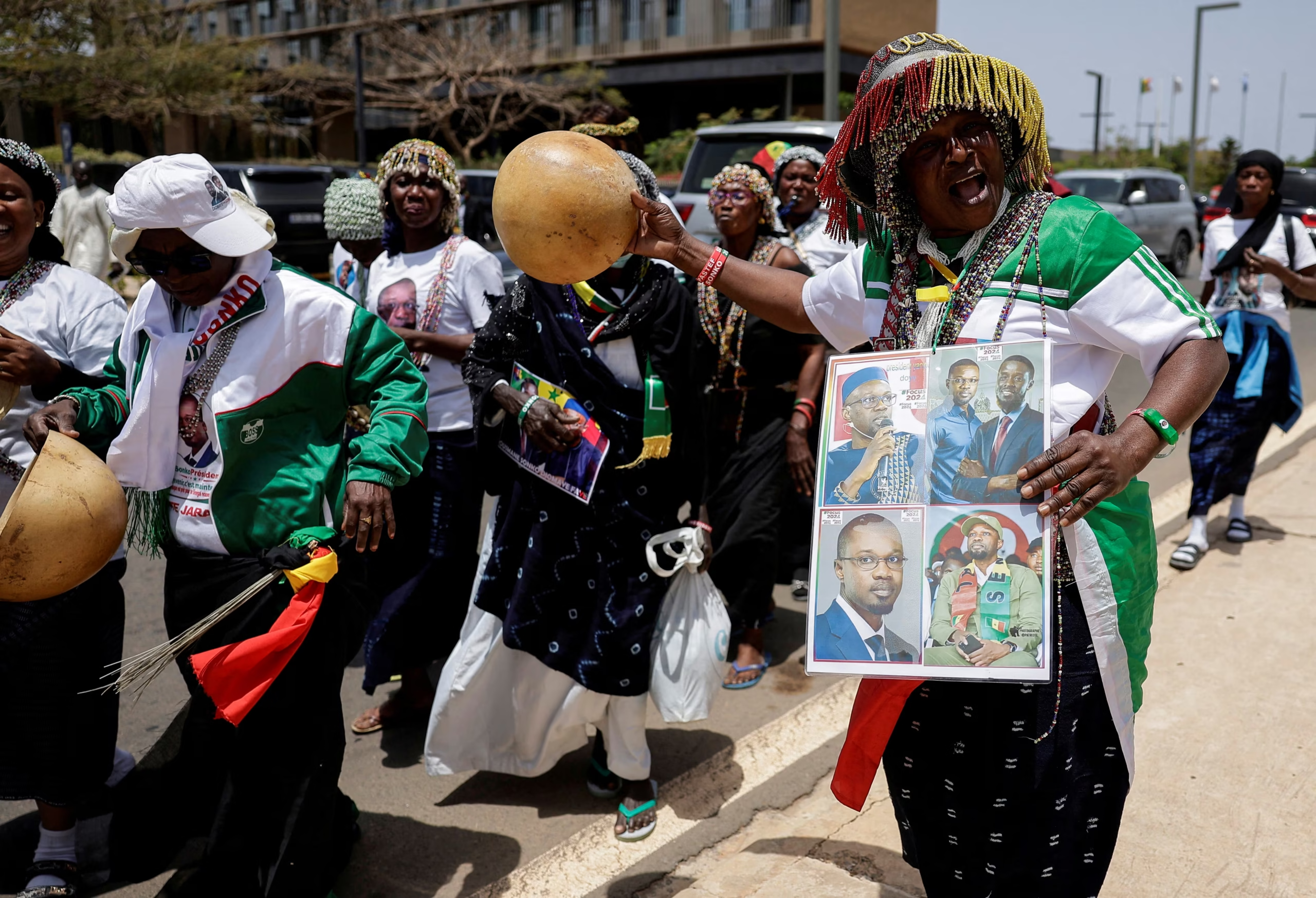
A delegation from the International Monetary Fund (IMF) arrived in Dakar on August 18, 2025, marking the start of a week-long series of budget discussions with Senegalese authorities.
The mission is focused on evaluating the implementation of the 2025 finance law, preparing the framework for the 2026 budget, and reviewing the progress of ongoing structural reforms—an essential step for securing future disbursements and reinforcing confidence in public policy.
Unlike formal IMF review missions, this staff visit is intended as an interim assessment.
Experts are examining Senegal’s fiscal trajectory, particularly efforts to consolidate tax revenues and maintain control over public expenditures.
“Finance Ministry technicians will have to demonstrate the country’s ability to keep its deficit under control while ensuring the financing of social and economic priorities,” a government source noted.
This mid-term evaluation occurs just months ahead of the November session, during which a comprehensive review will be conducted.
The interim nature of the visit allows authorities to adjust fiscal strategies and respond promptly to IMF recommendations.
Observers suggest that such engagement also serves to strengthen investor confidence, potentially influencing foreign investment and lending decisions in the months ahead.
The discussions go beyond accounting balances to scrutinize the implementation of structural reforms. IMF experts are particularly focused on measures designed to broaden the tax base, rationalize government spending, and improve efficiency in public service delivery.
The monitoring of these initiatives is considered critical for ensuring the continuity of financial support under Senegal’s agreements with the international institution.
The delegation’s work is expected to influence national economic planning, with the Directorate General of Planning playing a key role in validating growth projections and adjusting sectoral priorities where necessary.
“This technical mission can act as a lever to accelerate certain national projects,” the source added.
The IMF team will remain in Dakar until the budget framework for 2026 is finalized, maintaining continuous dialogue with Senegalese authorities to ensure that fiscal and reform objectives align with the expectations of both domestic and international stakeholders.



